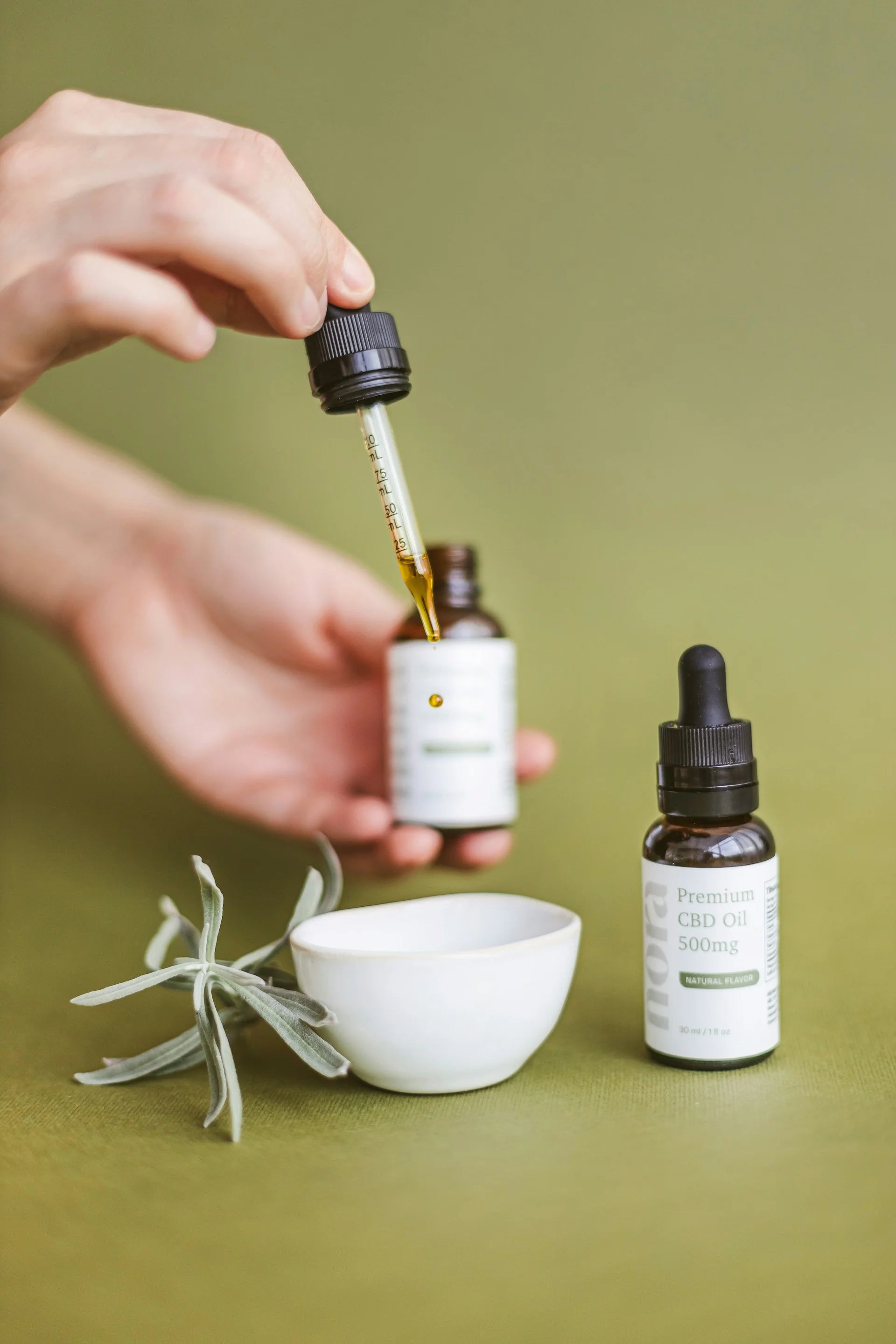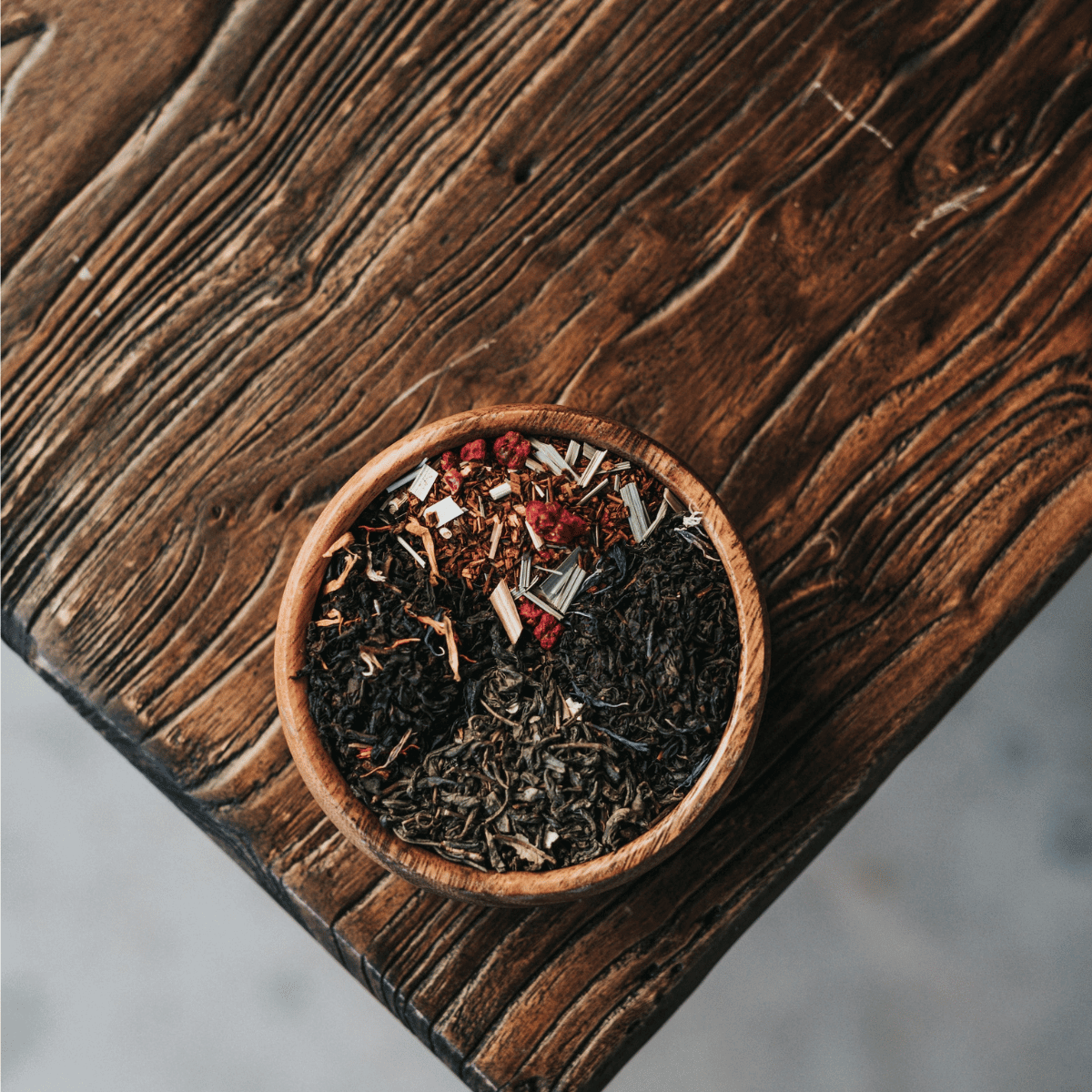What is Hyssop ?
Hyssop is a very common name for several plants, mainly an herb that grows in the Mediterranean area and the Middle East. There are about 28 species of Hyssop found across Africa, Europe, North America, and Asia. Hyssop is a plant that has become popular for its medicinal uses and as a natural insect repellent.
Where does hyssop come from?
Hyssop, also known as Hyssopus officinalis, is a flowering plant in the mint family Lamiaceae. It is native to the Mediterranean regions, Southern Europe and the Middle East. The plant grows from a woody rootstock and produces several leaves on long stalks that are roughly oval-shaped and pointed at the tip. The flowers are yellow-greenish and occur in clusters.
Hyssop can be found growing wild throughout Eurasia; however, most commercial hyssop cultivated for use in herbalism comes from Bulgaria or Morocco. In Bulgaria, it was first cultivated by the ancient Greeks who used it as a medicinal herb. It is still used today to treat respiratory problems such as asthma and bronchitis, urinary tract infections, and rheumatic conditions such as gout and arthritis - but you need to be careful, as more studies need to be conducted to confirm any of those health benefits claims.
Hyssop has an attractive appearance and scent. It is often grown as a decorative flower in gardens and natural areas. In ancient times, hyssop was considered an herb of sacred significance because of its association with Moses.
Is hyssop the same as lavender ?
Hyssop has a light, sweet scent that reminds many people of lavender. However, hyssop is not lavender—it's actually a member of the mint family, like spearmint and peppermint.
While it does have some similar properties to lavender, it does not have all of them. Lavender will repel mosquitoes and flies without hurting them, but hyssop will only repel them if they are bothered by the smell of mint itself.
What does hyssop smell and taste like?
When you first smell hyssop, you might be surprised by its minty, citrusy aroma, but don't let that fool you – this herb is also incredibly bitter. The taste has been described as similar to absinthe or anise, with a strong menthol aftertaste. Despite its bitter taste, many people find that they enjoy the taste of hyssop once they get used to it.
Usage of hyssop
How do you use hyssop?
Hyssop can be used in a number of ways, from smoking it to using hyssop leaves as a tea or tincture or to make soup. It's also been used for centuries in traditional medicine practices. Some believe that hyssop has a range of benefits, from helping to boost immunity to aiding in digestion, but it still has to be proven.

Photo by Nataliya Vaitkevich from Pexels
The most common use for hyssop is as a hyssop tea to help calm an upset stomach or prevent nausea from motion sickness. It also contains some essential oils. Hyssop essential oil makes it an excellent anti-inflammatory, anti-spasmodic, decongestant, antibiotic, antiviral, expectorant, and sedative. It is used to gargle for the treatment of the sore throat. It's thought to work because it contains compounds that can make you feel nauseated if you're feeling sick, so it's probably not very effective for treating a more severe illness like food poisoning or severe vomiting.
It may also be used topically as a salve or poultice on wounds to help promote healing. This mainly applies to minor cuts, scrapes and burns; larger injuries will require more complex treatment methods like traditional herbalism or surgery. It is also used as flavonoids in many kitchen recipes.
It is very important to clarify that no scientific study has approached the subject of health benefits from this herb. At Spliff we always recommend you consult your doctor before smoking or inhaling anything, or before using any plant as a natural medicine.
Smoking Hyssop
Can you smoke hyssop?
You might be surprised to learn that you can smoke hyssop, and some people believe that it has a variety of benefits. Some say that smoking hyssop can help with anxiety, while others believe that it can help improve cognitive function. There is even some evidence to suggest that effects of hyssop can help boost the immune system, but all of those claims need more studies before being proven. So if you're looking for a new superfood to try, why not give hyssop a smoke?

Is hyssop safe to smoke?
Though hyssop has a long history of being used as a herbal medicine by herbalists, there is very little scientific evidence to support these claims. Some people believe that smoking or consuming hyssop can help treat respiratory conditions, improve digestion, and boost immunity. However, again, there is no concrete evidence to support these claims. It is also said to have a small amount of tannins. Because of the lack of research, it is difficult to say whether or not hyssop is safe to consume. If you are considering trying hyssop, it is important to speak with a healthcare professional first. Also, as you might already know, smoking anything is harmful to your health in many ways, so be careful.
How to smoke hyssop ?
Hyssop can be smoked in a pipe, bong, or joint. If you're using a wooden smoking pipe or bong, pack the bowl with hyssop and light it. Inhale slowly and deeply. If you're smoking a joint, roll the hyssop in with your cannabis. Take small puffs so you don't overdo it—hyssop is potent! You could actually also smoke this herb with other dried herbs such as damiana, butterfly pea, lavender or even wild dagga.
Benefits of consuming hyssop
Hyssop is a plant with many benefits for the human body, some of which you may not even know about. Hyssop has been used as a medicinal plant for centuries in traditional medicine, and continues to be used in places like Morocco and Eastern Europe. Many believe that hyssop breaks down plaque and toxins on your teeth and helps you get rid of bad odors. Hyssop also might has antibiotic and antioxidant properties, which can help relieve infections, common cold, frostbite and sore throat. Some people on the internet believe there are many other benefits of hyssop like killing cancer cells, asthama treatment, delaying of aging skin, relieve from skin irritation, relieve from menstrual cramps and much more. However, we do need to reiterate that no scientific evidence can confirm those claims. You should always consult a doctor before using any new medicine or smoking anything.
Does smoking hyssop have some healing properties?
According to some studies, smoking hyssop may help with bronchitis, congestion, and even headaches. Additionally, hyssop tea is said to be a soothing detoxifier. However, more research needs to be done in order to confirm these health benefits.
Possible risks of consuming hyssop
What are the possible side effects of consuming hyssop ?

Photo by Dmitriy K. on Unsplash
Although hyssop is generally considered safe, there are a few potential side effects to be aware of. Hyssop can act as a uterine stimulant, so pregnant women should avoid using it. Additionally, people with seizure disorders or who are taking medications that lower seizure threshold should avoid hyssop as it may increase the risk of seizures. Finally, because hyssop can affect blood pressure, people with hypertension should use caution when taking this herb. Some mothers use it for colic but it is not recommended to consume hyssop without professional advice if you are breastfeeding.
Is hyssop poisonous ?
No, hyssop is not poisonous. In fact, it has a long history of being used as a medicinal herb. Hyssop is thought to have antibacterial, anti-inflammatory, and antiviral properties just like agastache. Some people believe that smoking or consuming hyssop can help boost the immune system - but it hasn’t been proven yet.
Hyssop and other herbs
Can you smoke hyssop with cannabis ?
While there's no definitive answer, some people believe that smoking hyssop with cannabis can enhance the effects of both substances. Some say that it makes them feel more relaxed, while others claim that it gives them a more intense high. If you're interested in trying it, be sure to get your hyssop from a reputable source. And as always, start slow and see how you react before consuming more, as well as consulting a health professional beforehand.
You can also mix hyssop with other dried herbs to create your own nicotine-free tobacco alternative.
Conclusion - Can I Smoke Hyssop ?
Though more research needs to be done, early studies suggest that hyssop may have potential as a natural treatment for a variety of conditions. If you're interested in trying hyssop, you can purchase the herb online or at some health food stores. Just make sure to consult with a healthcare professional before consuming or smoking any type of herb or supplements to avoid potential adverse effects.
*This article is not to be interpreted as a statement of any form by Spliff but merely a compendium of information compiled from other sources. These statements have not been evaluated by Health Canada, FDA or any other regulatory body. Consult your doctor before ingesting or smoking any herbal product.*
WANNA LEARN MORE ABOUT HYSSOP? BROWSE OUR SOURCES BELOW!
Aabid-Ur-Rahman, S., Nikhat, S., Shah, S., & Lokhande, S. (2015). Preliminary study to investigate the efficacy of Zoofa -e -Yaabis (Hyssopus Officinalis Linn) in stable cases of Bronchial Asthma. In International Journal of Advances in Health Sciences (pp. 180–186). https://web.archive.org/web/20180421103249id_/http://www.ijhsonline.com/index.php/archives/finish/8-vol2-issue-2-april-2015/200-preliminary-study-to-investigate-the-efficacy-of-zoofa-e-yaabis-hyssopus-officinalis-linn-in-stable-cases-of-bronchial-asthma
Saebi, A., Minaei, S., Mahdavian, A.R. et al. Precision Harvesting of Medicinal Plants: Elements and Ash Content of Hyssop (Hyssopus officinalis L.) as Affected by Harvest Height. Biol Trace Elem Res 199, 753–762 (2021). https://doi.org/10.1007/s12011-020-02171-2
Tahir, M., Rahman, M. A., & Khushtar, M. (2019). Gastroprotective effect of Hyssopus officinalis L. leaves via reduction of oxidative stress in indomethacin-induced gastric ulcer in experimental rats. Drug and Chemical Toxicology, 45(1), 291–300. https://doi.org/10.1080/01480545.2019.1685537
Fatemeh Fathiazad. (2011). A review on Hyssopus officinalis L.: Composition and biological activities. African Journal of Microbiology Research, 5(17). https://doi.org/10.5897/ajpp11.527
Phytochemistry and pharmacological profile of traditionally used medicinal plant Hyssop (Hyssopus officinalis L.). (2018). Journal of Applied Pharmaceutical Science, 8(7), 132–140. https://doi.org/10.7324/japs.2018.8721
Rahimi Kalateh Shah Mohammad, G., Karimi, E., Oskoueian, E., & Homayouni‐Tabrizi, M. (2019). Anticancer properties of green‐synthesised zinc oxide nanoparticles using Hyssopus officinalis extract on prostate carcinoma cells and its effects on testicular damage and spermatogenesis in Balb/C mice. Andrologia, 52(1). https://doi.org/10.1111/and.13450
Spinella, M. (2001). Herbal Medicines and Epilepsy: The Potential for Benefit and Adverse Effects. Epilepsy & Behavior, 2(6), 524–532. https://doi.org/10.1006/ebeh.2001.0281







Leave a comment
All comments are moderated before being published.
This site is protected by reCAPTCHA and the Google Privacy Policy and Terms of Service apply.